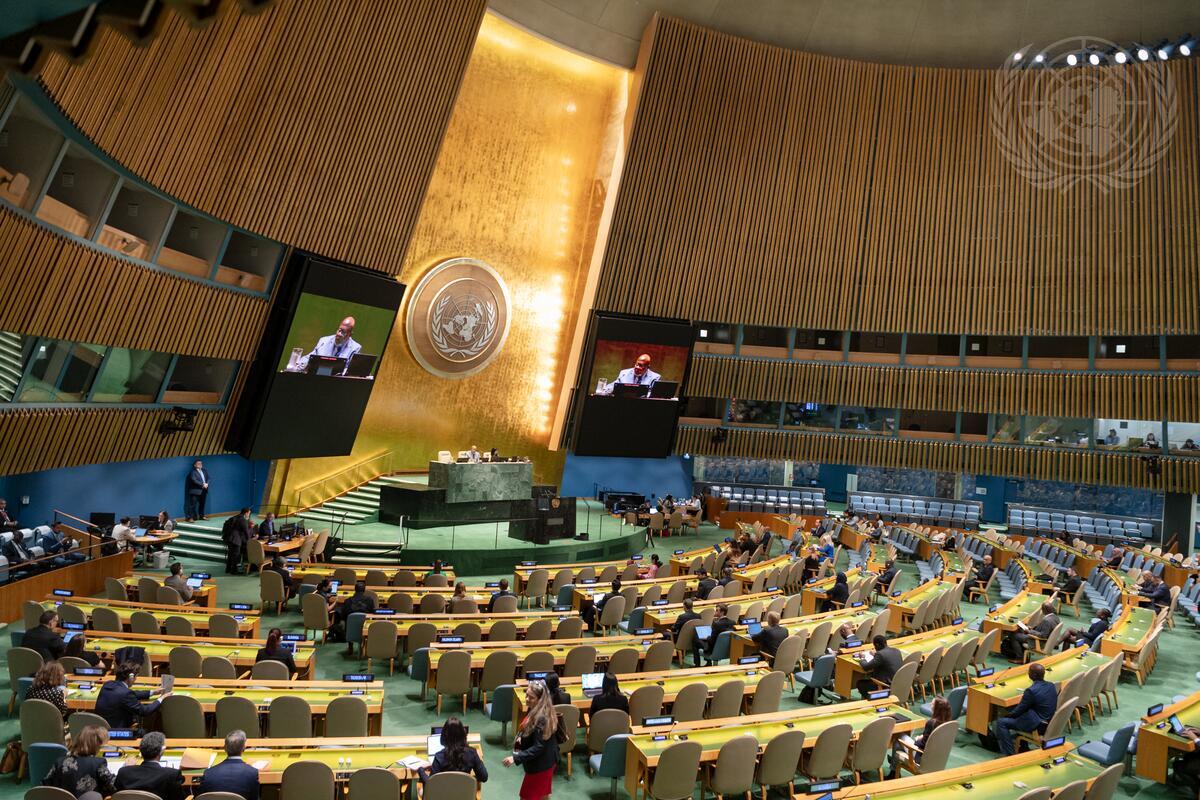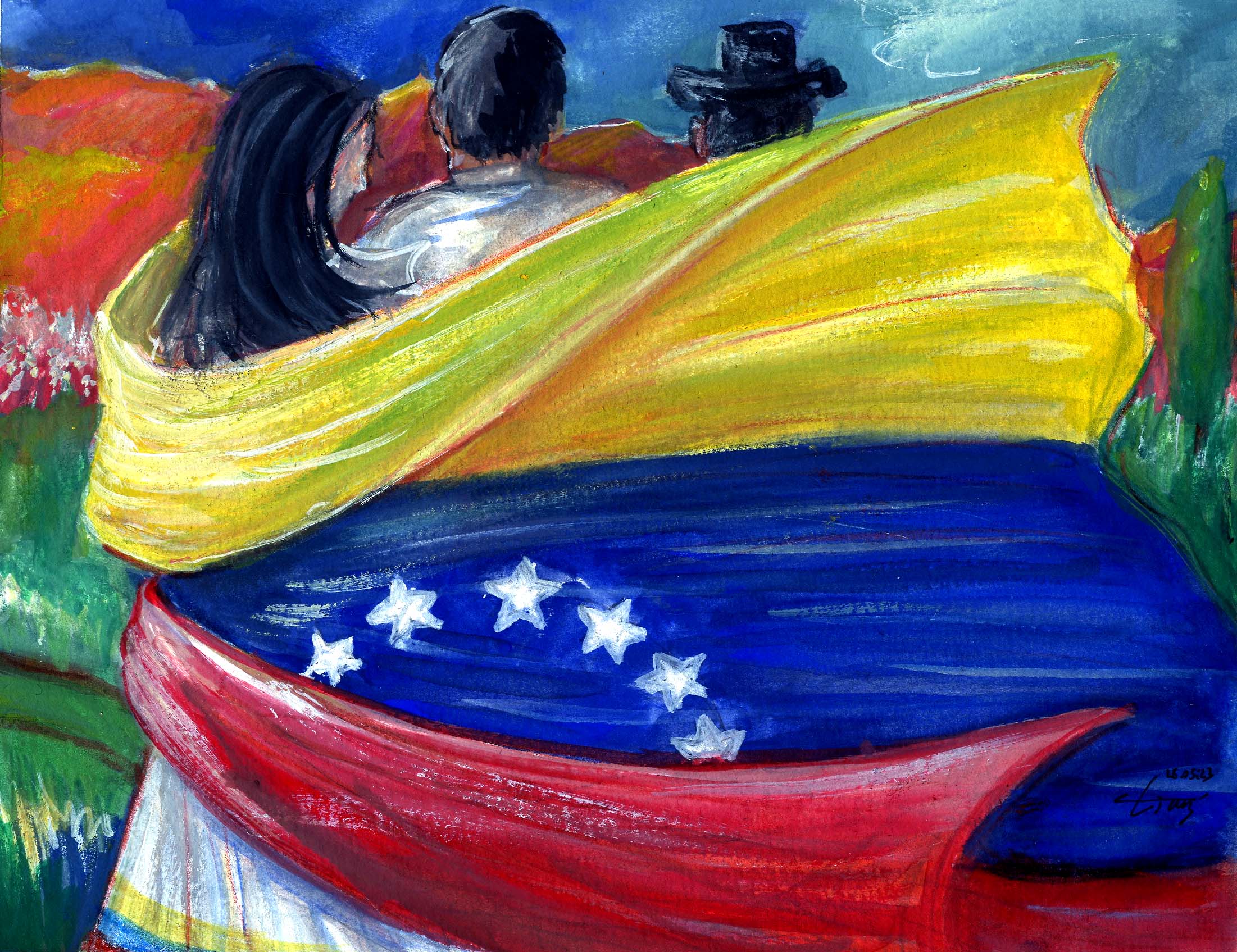In their review of the Philippines, the UN Committee on Economic, Social and Cultural Rights (CESCR) expressed serious concern at violence and killing of human rights defenders and called on the government to take positive steps to protect defenders and hold perpetrators, whether state or non-state actors, accountable.
In the lead up to the review, ISHR partnered with the Asia Indigenous Peoples Pact, Medical Action Group (MAG), the Philippine Alliance of Human Rights Advocates and other national-level organisations to make a joint submission on the situation of defenders and possible recommendations for the Committee to make in that regard.
Following the release of the Committee’s Concluding Observations, ISHR’s Asia Programme Manager, Sarah M. Brooks, said, ‘The work of trade unionists, farmers, indigenous leaders and defenders of the urban poor is instrumental in efforts to promote and protect economic, social and cultural rights in the Philippines. If implemented, the Committee’s recommendations will assist to ensure that such vital work no longer carries deadly risks.’
Risks highlighted in the submission and in ISHR’s statement to the Committee at the review included intimidation, judicial harassment, detention, disappearances and extrajudicial killings. The Philippine Task Force for Indigenous Peoples’ Rights emphasised, during the preparation for the review:
‘It is the government’s responsibility to ensure that human rights defenders are effectively protected against any and all forms of abuse, violence and reprisal which they might experience while carrying out their work to promote the realisation of these rights. This is important at this time as human rights defenders, especially of indigenous peoples, continue to be oppressed’.
Other Filipino groups highlighted the importance of peace talks in ensuring a safe and enabling environment for the realisation of human rights. Says a representative of RMP-Mindanao, ‘We appreciate efforts [at restarting negotiations]… we will continue to be vigilant, and we hope the international community will support this important [review] to have a positive impact in our country’.
MAG called on the Philippines to become a consistent leader in the ASEAN region by implementing the Concluding Observations fully, and in particular to ‘ensure the recognition and protection of human rights defenders in national laws’. ISHR has recently released a Model National Law on the Protection of Human Rights Defenders to provide States with authoritative guidance and technical assistance in this regard.
In context: recognition of the need to protect defenders globally
The Committee’s Concluding Observations on the Philippines reflect a growing recognition that the work of human rights defenders is essential to the promotion, protection and realisation of ESC rights and that attacks on defenders may amount to violations of such rights. An authoritative new statement by the Committee on ‘Human Rights Defenders and Economic, Social and Cultural Rights‘ was adopted in October 2016, at the conclusion of the review session.
Furthermore, the Committee’s attention to the situation of HRDs was not unique to the Philippines. In its recommendations to the Dominican Republic at the same session, the Committee refers to this authoritative Statement when addressing the need to prevent violence against HRDs, including those working on issues of statelessness, as part of the government’s implementation of its legal obligations under the Covenant.
Accordign to the Statement, steps that should be taken in this regard include:
- taking effective and timely action to prevent violence against defenders and to ensure protection of their life and personal integrity;
- conducting prompt, thorough and effective investigations into all cases of violence against defenders and punishing those responsible; and
- undertaking campaigns to raise awareness and understanding of the vital and legitimate work of defenders in order to ensure that they can work in a conducive environment free from intimidation or fear.
‘It is timely, important and pleasing to see the Committee emphasise the need to ensure a safe and enabling environment for defenders of economic, social and cultural rights,’ said ISHR’s Helen Nolan.
‘In the Dominican Republic, as elsewhere, this must include effective measures to prevent violence against defenders. We encourage the Committee to consistently examine and make recommendations on this truly global issue,’ Ms Nolan said.



